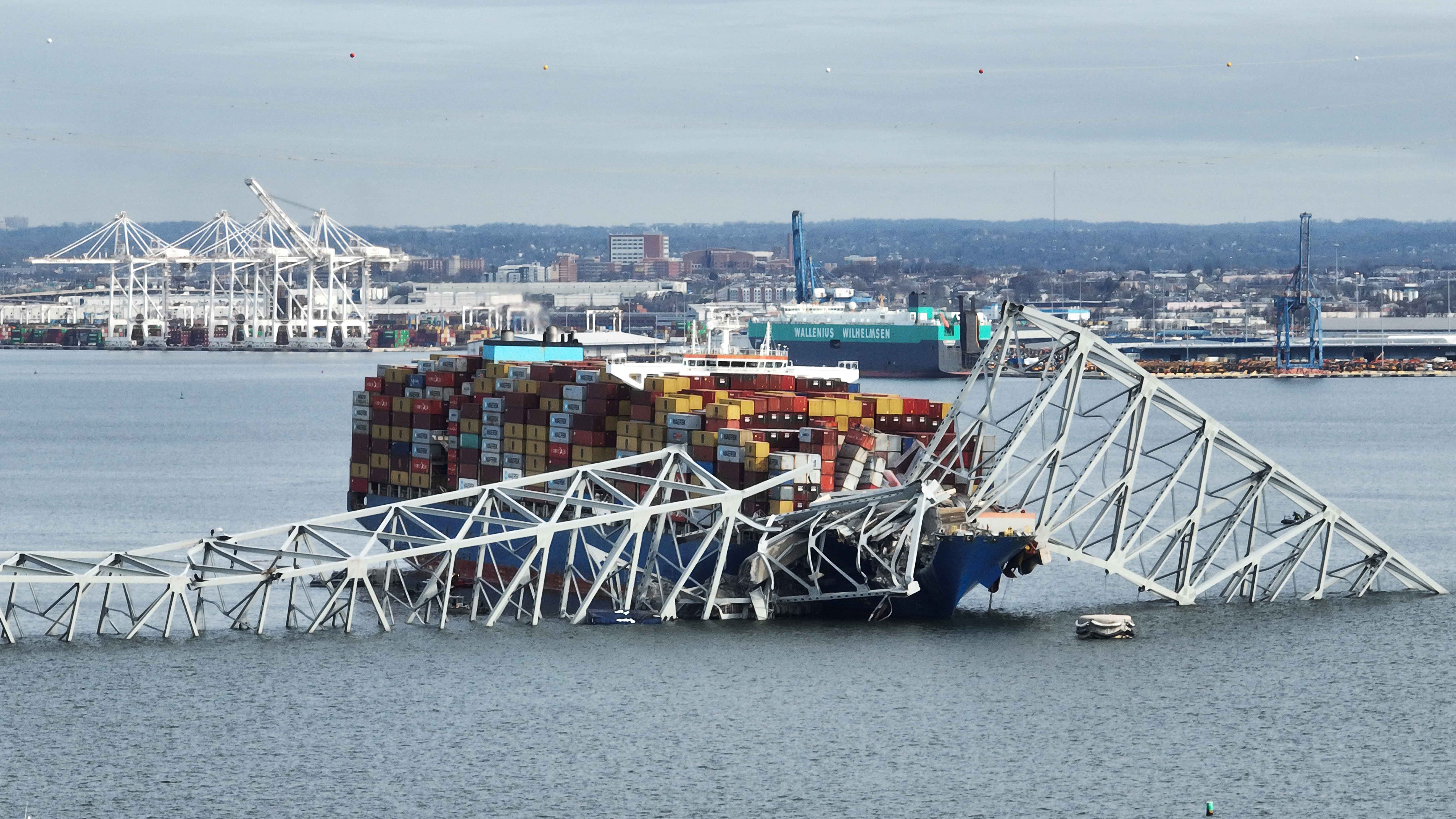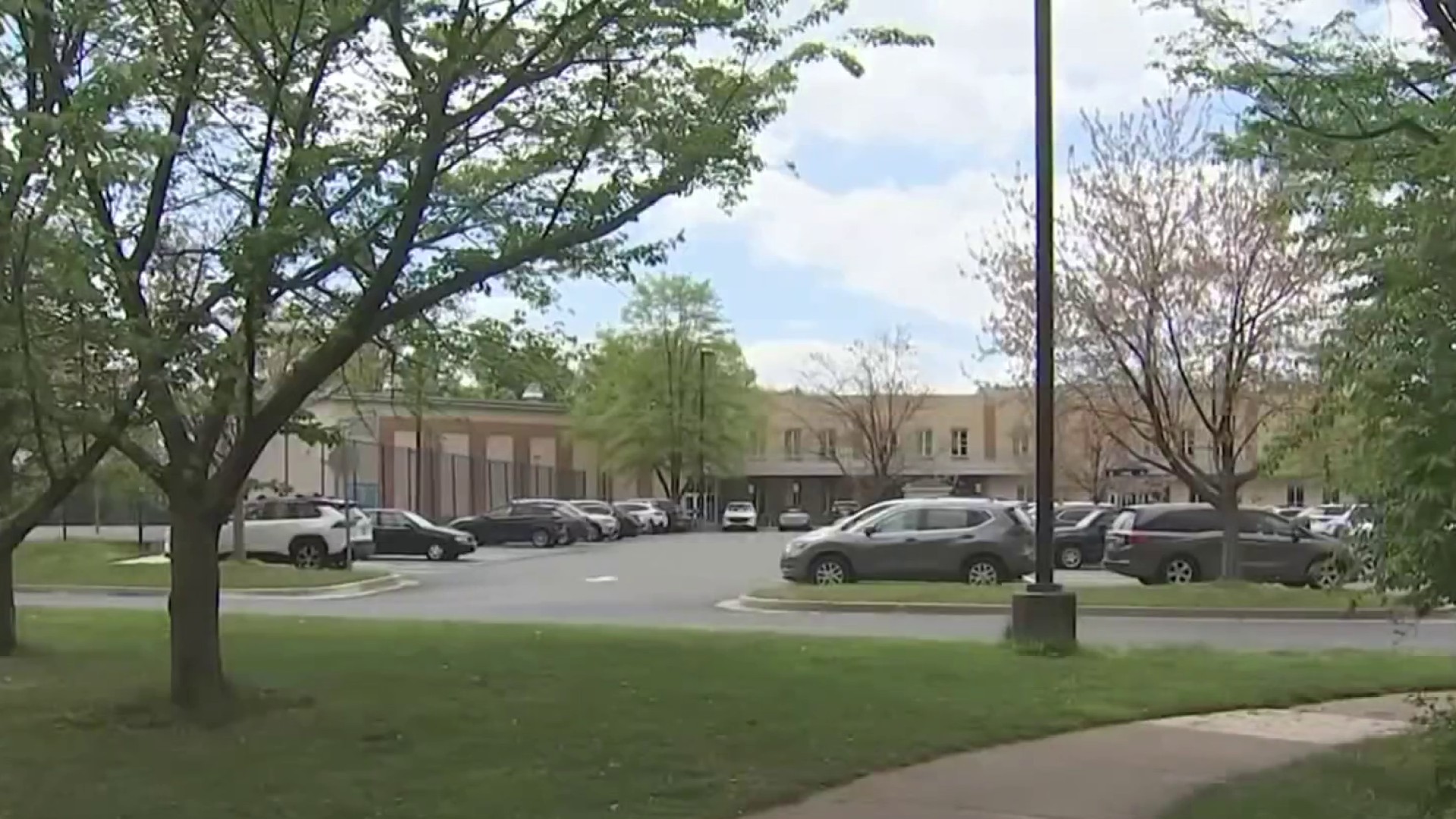We don't often face hurricanes in the D.C. area, so planning for one might seem daunting. FEMA, Ready.gov and the National Hurricane Center offer plenty of tips, and we've mixed in a few of our own below:
PLANNING:
Inquire about emergency plans and procedures at your children's schools and at your workplace.
Make a family emergency plan, which includes identifying an out-of-town contact, making sure all family members know how to text-message, and more.
Ensure you aren't running low on personal toiletries and prescription medication.
Consider purchasing a NOAA Weather Radio.
Make sure your cell phone is charged. You might want to buy a portable power device, which you can charge in advance and plug your phone into later.
Assemble a disaster supplies kit with food, water, medical supplies and a battery-powered radio. Include batteries, flashlights and other items. You should have enough to get through three days after a hurricane hits. The National Hurricane Center has a printable checklist here. You might want to keep a similar kit in a backpack or tote bag if you're told to evacuate.
Have a full tank of gas in your vehicle, cash, and your disaster supplies kit ready to go.
HOME:
Make sure your important documents (including birth and marriage certificates, social security cards, passports, wills, deeds and financial and insurance records) are in a flood-proof location or safe deposit box.
Make sure your freezer is at 0°F or below and the refrigerator is at 40°F or below. If your power goes out, open and close them sparingly. Have coolers and ice available in case the power is out for more than four hours. See more hurricane-related food safety tips from the USDA here.
Lower your storm windows. If you have shutters that can be closed, close and secure them.
If you know the water in your home stops running if the power goes out, fill your bathtub and other large containers, such as pots or mixing bowls, with water for bathing, flushing toilets and cleaning. Do not drink this water.
If your smoke and carbon monoxide dectectors are hard-wired, make sure you have battery backups. If your detectors are normally battery-powered, test them to check that the batteries still work.
Cover your windows with plywood if you think your home could be in danger of flying projectiles.
Local
Washington, D.C., Maryland and Virginia local news, events and information
Garage doors are often the first feature to fail in a storm. Reinforce all garage doors.
YARD :
Trim any weak, dead or overhanging branches from trees and bushes.
Clear rain gutters and downspouts.
Secure your lawn furniture, planters and other outdoor items, or bring them inside.
Turn off propane tanks. Shut off other utilities if emergency officials advise you to do so.
If you have a gas grill, the most important thing is to separate the propane tank from the grill. Bring at least the propane tank inside or store it in your garage. If you can't bring the entire grill inside, make sure you tie it down.
IF YOU'RE TOLD TO EVACUATE:
Turn off all utilities if authorities advise you to do so.
Leave immediately. If you think there might be a chance you'll be evacuated, pack in advance.
Stick to designated evacuation routes. If you need help, this is the most likely place to find it.
DURING THE STORM:
Do not go outside, even in the storm's early stages, due to the potential for flying debris.
Close all doors, stay clear of windows, and keep curtains and blinds shut.
Be aware that a sudden lull in the storm could just be the eye of the storm passing over. The storm will resume.
AFTER THE STORM:
Be careful when you go outside -- watch for downed power lines, broken glass and damage to building foundations.
Do not attempt to walk or drive through water. Standing water may be electrically charged from power lines, and moving water only six inches deep can sweep you off your feet.
Don't drink tap water until you know it is safe.
If you have property damage, contact your insurance company as soon as possible.
Standard homeowners or renters insurance generally covers damage from wind and rain, but they generally don't cover problems from groundwater. Keep in mind that most insurance companies require flood insurance to be purchased at least 30 days in advance before that portion of the policy is activated. Consider purchasing flood insurance so that you'll be covered for next time.

- Track the storm with our interactive radar.
- Prepare yourself and your home for the hurricane.
- Check the latest severe weather alerts.
- By the numbers: Hurricane Irene.
- Dramatic photos of the hurricane.
- Power outages: Info from your power company.
- Complete weather coverage and News4 video forecasts.
- Hurricanes through history.
Follow us on Twitter and Facebook. Sign up for our e-mail newsletters and get breaking news delivered right to your mobile phone -- just text DCBREAKING to 622339 to sign up. (Message and data rates may apply.)



